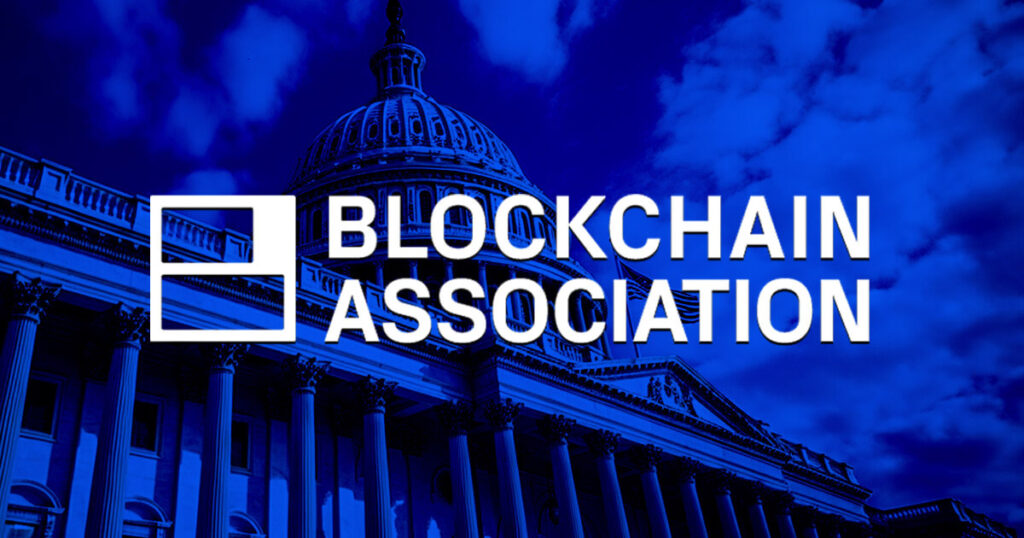
The House Committee on Oversight and Government Reform has issued a formal letter to multiple crypto companies and organizations, requesting evidence and accounts of cases where crypto companies and individuals have been systematically denied access to banking services.
The letter was addressed to several entities, including the Blockchain Association, UniSwap Labs, Coinbase, Payward, AH Capital Management and Lightspark.
The Blockchain Association, which represents some of the largest crypto companies and investors, confirmed that It had received the letter on January 24. The organization commended the leadership of Representative James Comer and emphasized the urgency to address this issue.
The investigation is part of the oversight committee’s broader investigation into whether political motivations or regulatory overreach has systematically excluded crypto mabins from essential banking services.
The committee’s letter cites several high-profile examples of debanking, including statements from Coinbase CEO Brian Armstrong and UniSwap Labs CEO Hayden Adams, who claimed their companies were abruptly denied banking services without explanation.
Emerging pattern
According to the Blockchain Association, a clear pattern emerged under the Biden administration of legal crypto companies being denied banking access for vague or undisclosed reasons. It argued that these actions stifled innovation and forced many companies to relocate or operate under uncertain conditions.
In response, the association launched an anonymous tip line for individuals affected by Debanking and has filed multiple Freedom of Information Act (FOIA) requests to investigate potential regulatory interference.
The committee’s letter points to former President Barack Obama’s administration and its alleged Operation ChokePoint, which targeted high-risk industries by restricting their access to financial services.
On January 10, Federal Deposit Insurance Corporation (FDIC) Interim Chairman Travis Hill acknowledged the agency’s role in debanking crypto companies. However, he did not explicitly confirm the existence of an effort such as Operation ChokePoint.
Quick action
The Blockchain Association and its allies have called for swift action and put the issue of debanking at the top of their policy agenda.
After the November elections, the association sent a letter to President Trump and the new Congress urging them to prioritize protecting legitimate crypto businesses.
Senator Cynthia Lummis, a vocal advocate for Crypto, pledged to prevent initiatives like Operation ChokePoint 2.0 in a statement following her lead lecture to lead the new Senate Banking Subcommittee on Digital Assets.
The oversight committee’s investigation aims to determine whether financial institutions are acting independently or under the direction of regulators to restrict access to banking for crypto companies.
It also aims to explore broader implications for American innovation, entrepreneurship and financial inclusion.
Critical moment for innovation
The committee’s findings could have important implications for the future of crypto in the US, allowing the industry to thrive under fair regulatory practices or face barriers to growth and spur innovation abroad.
The Blockchain Association stated:
“This saga shows why many are attracted to crypto in the first place. We want to live in a world where everyone controls their own financial destiny, free from unnecessary political interference. ”
Recently, President Donald Trump has… executive order Creating a working group focused on crypto and the role of ‘crypto czar’, which will be responsible for advancing a regulatory framework for the industry.
Moreover, on his second day in office, Trump nominated Commissioner Mark Uyeda as acting chairman of the US Securities and Exchange Commission (SEC). The next day, Uyeda Created a task force Within the regulator to strengthen legal clarity for crypto in the US.

